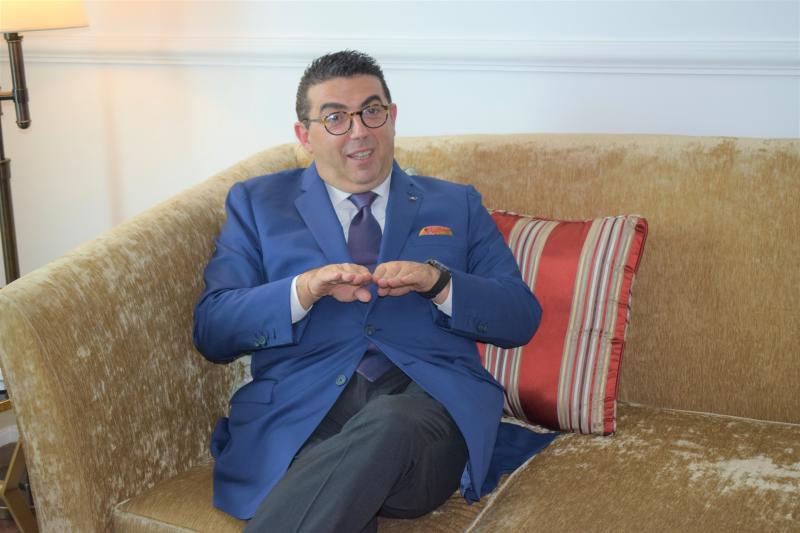×
The Standard e-Paper
Fearless, Trusted News

Last year, Italian national Roberto Simone took over the reins as the general manager of luxury hotel brand Villa Rosa Kempinski Nairobi and its high-end Olare Mara Kempinski tented camp.
Mr Simone, who has worked for some of the world’s leading luxury hospitality brands such as JW Marriott and Anantara Hotels and Resorts, took over at a time when the hotel is facing stiff competition from both existing and new luxury operators.